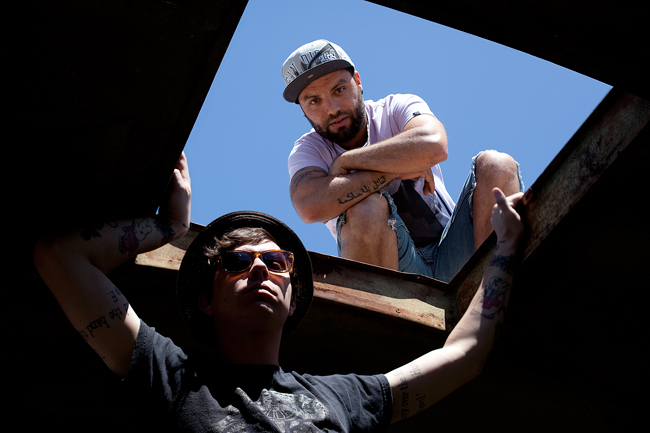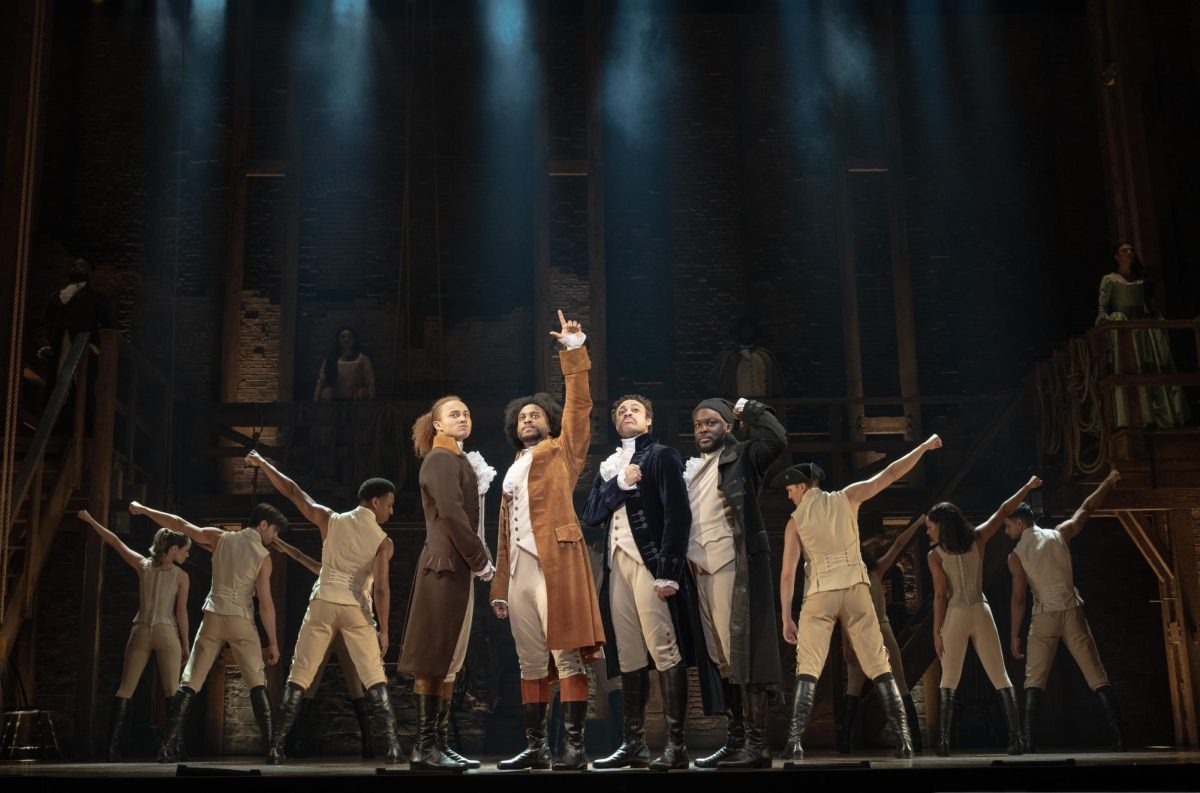Editor’s note: This is the first in a three-part series examining the different strategies and resources that various local musicians use to keep afloat in Austin’s legendary live music scene. This week’s installment will explore what aspiring Austin hip-hop artists need to get their careers off the ground.
Austin and hip-hop have never been fully synonymous with each other. Sure, the city pulls in hipster hip-hop acts like Odd Future, Childish Gambino and Danny Brown, but locally, hip-hop is often pushed aside. But in recent years, there has been a local hip-hop movement: Click-Clack, Phranchyze, Zeale and PARKING are all at the forefront of local hip-hop.
For those adamant about making a niche in Austin hip-hop, the first and most important thing is equipment. For PARKING beatsmith and producer Nicky Luna, an assortment of instruments including an Akai MPC 2500, a MicroKORG keyboard, two Technics 1200 turntables and a Stanton 3-Channel Mixer are essentials in his music-making process.
Each item serves a different purpose: The MicroKORG acts as both an analog synthesizer and vocoder (creating a robot-like voice effect on its user); the turntables are primarily used for DJ’ing and scratching vinyls; and the Stanton 3 provides input jacks for microphones, turntables and samplers, while simultaneously acting as an equalizer. But it’s the Akai MPC that Luna values in particular.
“I very much love, love, love the design of the Akai MPC,” Luna said. “I think of it as a blank instrument, to which you load any sound your heart desires, and you can create self-contained music on the fly.”
Akai MPCs (Music Production Centers) have multiple functions. Commonly known for their electronic drum sounds, Akai MPCs also serve as MIDI controllers (enabling digital musical instruments and computers to connect and communicate with one another) and as storage machines for housing samples and other beats.
“The [Akai] MPC 2000 is great for both hip-hop and electronic music artists,” Johnson said. “It has an assortment of pads that you can save vocals, drum parts and other sounds on.”
Instead of purchasing specific electronic instruments from the start, budding hip-hop artists short on cash can also try out computer software like Reason or Ableton Live.
“[Computer software] is the most cost-effective route,” said Luna. “Reason is the more affordable option, while still being an extremely powerful piece of software.”
Modeled on analog synthesizers, step sequencers, samplers and effects units, Reason is fully equipped to assist any aspiring producer or DJ.
“The layout for Reason is pretty cool,” said local rapper Click-Clack. “It looks like real hardware. The only problem is that I have Reason 4.0, so I can’t really record live.”
Ableton Live is a pricier alternative, but your money won’t be spent in vain. “Its capabilities are pretty impressive,” Luna said of the software. “It’s growing to be the industry standard for electronic music production.”
Designed to be an instrument for live performances, Ableton Live allows its users to create songs instantly through its composing and arranging application. It is also one of the first music applications to automatically beat match songs, meaning that if two songs are at varied tempos, the software will automatically sync them up.
“Ableton Live is the software that everyone enjoys,” said Guitar Center HiTech salesman Terrany Johnson. “That, along with a good MPC, like an [Akai] MPC 2000, and you can create some great sounds.”
But what’s the point of making music if you can’t bring it to the masses both recorded, and in person? Whether you use computer software or outboard hardware, putting on a live show to make people dance all night is possible.
“There is nothing wrong with using a laptop onstage,” Luna said. “The only problem is if your laptop happens to crash onstage. That would be a nightmare.”
It’s happened before — last year in April, renowned DJ and producer Skrillex spilled a drink over his laptop during a performance. Fortunately for him, the catastrophe occurred at the end of his set.
Two things that Luna does not suggest using during a live performance is using CDs or an iPod.
“If you’re playing your songs through an iPod onstage in a city like Austin, people expect a certain level of musicianship in live performances,” said Luna. “All your peers will clown you for rocking a show with an iPod, and you don’t want that. Also, do not use CDs live because it can get Milli Vanilli real quick.”
Local DJ Jeramy Neugent also suggests refraining from computer software live, and instead incorporating vinyl into your set.
“Get in touch with your DJ roots, and start off with vinyl,” said Neugent. “Technics makes a fine turntable, and Pioneer mixers are the bee’s knees.”
Most importantly, allow your creative juices to flow. “I recommend to be creative and check out other genres of music,” said Johnson. “Once you start listening to other sounds and ideas, you’ll begin to start forming some of your own.”
Published on Wednesday, April 18, 2012 as: Technology helps Austin hip-hop artists gain local foothold





















